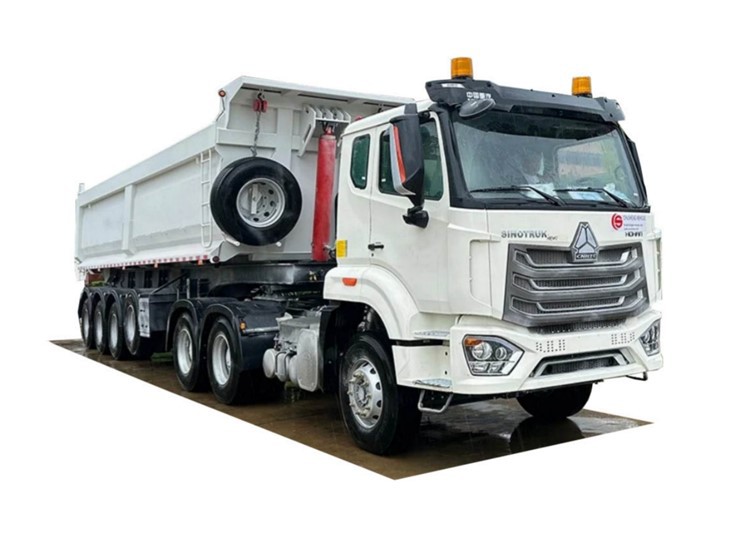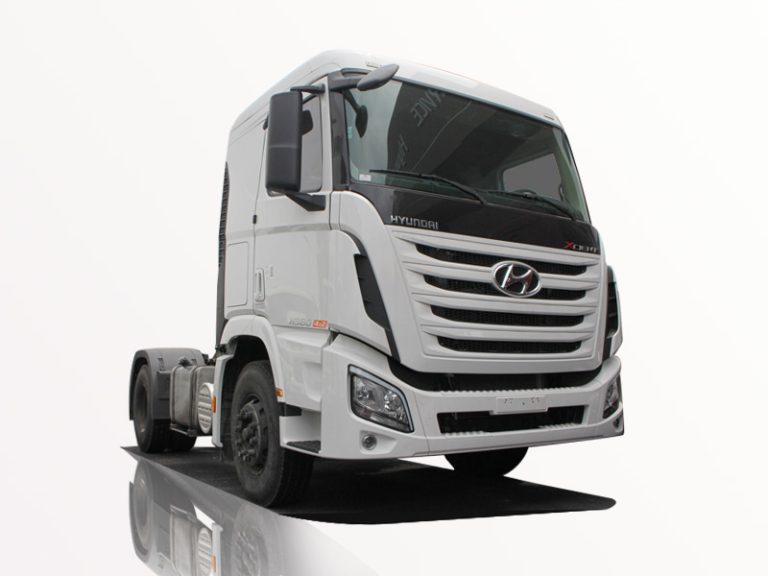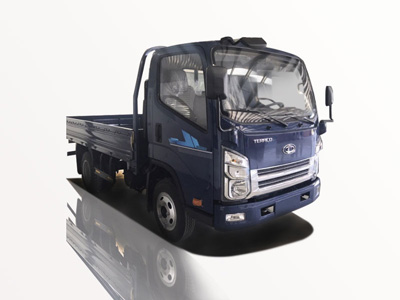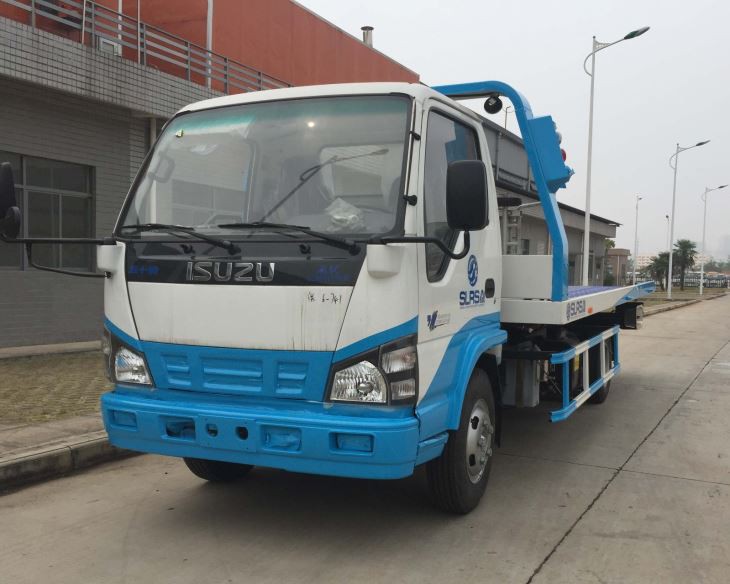Big truck equipment encompasses a range of tools and machinery designed to support the functioning, maintenance, and enhancement of large trucks. From construction sites to long-haul transportation, understanding the different categories, features, and uses of big truck equipment is essential for truck owners, operators, and businesses relying on these mammoth machines.
Understanding Big Truck Equipment
Big truck equipment includes any machinery, tools, or implements used in conjunction with large trucks for various purposes. This can include equipment for towing, lifting, loading, and hauling, as well as tools for maintenance and diagnostics. These tools enhance the utility and efficiency of big trucks, making it crucial to understand their specifications and applications.
Types of Big Truck Equipment
There are several categories of big truck equipment, each serving distinct needs. Below are the primary types:
1. Towing Equipment
Towing equipment is essential for transporting other vehicles or loads. Common towing equipment includes:
- Tow Hitches: Used for connecting trailers or other towing vehicles.
- Tow Bars: Allowing the safe towing of smaller vehicles.
- Gooseneck Trailers: Ideal for heavy loads, providing better stability.
2. Lifting Equipment
Lifting equipment helps to raise heavy materials or vehicles. Examples include:
- Hydraulic Lifts: Utilized for lifting trucks or heavy machinery for maintenance.
- Forklifts: Necessary for loading and unloading materials at warehouses or construction sites.
- Crane Attachments: Used to lift heavy loads, often in conjunction with large trucks.
3. Loading and Hauling Equipment
Loading and hauling equipment aids in the efficient movement of goods. Key components include:
- Dump Bodies: Specialized truck beds designed to unload materials quickly.
- Flatbeds: Ideal for transporting various kinds of cargo.
- Container Systems: Allowing for modular transport of goods.
Essential Features of Big Truck Equipment
When selecting big truck equipment, several features should be taken into account:
Durability and Strength
Big trucks are designed to operate under extreme conditions. Therefore, it is vital that the equipment is made from durable materials to withstand harsh weather and heavy usage.
Weight Capacity
Each piece of big truck equipment has a specified weight capacity. Matching the right equipment to the truck’s capabilities ensures safe and efficient operation.
Ease of Use
User-friendly equipment is essential for increasing productivity. Equipment that is easy to operate minimizes the chances of accidents and operational errors.
Compatibility
Ensuring that the equipment is compatible with the specific make and model of the truck is crucial. Proper fit enhances performance and safety.
Choosing the Right Big Truck Equipment for Your Needs
Selecting the appropriate equipment requires careful consideration of various factors:
Identify Your Requirements
Assess your specific needs based on the type of work you will be performing, such as whether it involves hauling materials, towing vehicles, or performing maintenance tasks.
Consider Your Budget
Big truck equipment can be a significant investment. Establishing a budget will help narrow down options while considering the long-term return on investment.
Research Brands and Models
Not all equipment is created equal. Research different brands and models to find ones known for quality and reliability. Customer reviews and expert recommendations can provide valuable insights.
Practical Examples of Big Truck Equipment Usage
Understanding how big truck equipment works in real-world scenarios can enhance comprehension. Here are a few practical examples:
Construction Sites
At construction sites, dump trucks equipped with dump bodies are essential for efficiently transporting raw materials, such as gravel and sand. Using hydraulic lifts allows workers to quickly raise and lower materials, preventing workplace accidents.
Long-Haul Transport
In long-haul transport, big trucks fitted with flatbeds or container systems can move multiple shipment types simultaneously, maximizing cargo capacity. Proper towing equipment is utilized to transport cargo trailers safely across long distances.
Emergency Response
Big trucks equipped with crane attachments can quickly respond to emergencies, lifting and clearing debris or aiding in rescue operations.
Maintenance and Care of Big Truck Equipment
To prolong the lifespan of big truck equipment, regular maintenance is crucial. Here are some best practices:
Regular Inspections
Conduct routine inspections to identify any signs of wear or damage. Look for issues in lifting mechanisms, hydraulic systems, and electrical components.
Prompt Repairs
Address any mechanical defects or wear immediately to prevent further damage and ensure safety on the road.
Proper Cleaning
After each use, especially in harsh conditions, ensure that equipment is thoroughly cleaned to prevent corrosion and buildup of dirt.
Legal Considerations for Big Truck Equipment
Understanding legal requirements for big truck equipment usage helps avoid fines and ensures safe operations. Below are some essential considerations:
Licensing and Permits
Check local regulations for any necessary licenses and permits required for operating specific types of big truck equipment.
Safety Standards
All equipment must adhere to safety regulations set by local, state, or federal authorities. Regularly review and implement best practices to maintain compliance.
Insurance Requirements
Consider obtaining insurance that covers both the trucks and the equipment to protect against financial losses due to accidents or equipment failure.
Technological Advances in Big Truck Equipment
The evolution of technology has significantly impacted big truck equipment, enhancing efficiency and safety. Key advancements include:
Telematics Systems
Telematics systems monitor equipment performance and provide real-time data on usage, maintenance needs, and diagnostics.
Automated Lifting Mechanisms
Automated systems reduce human error in lifting and loading processes, enhancing safety in the workplace.
Enhanced Safety Features
Modern big truck equipment now incorporates advanced safety features such as backup cameras, stability control, and load sensors to prevent accidents.
FAQ Section
What type of big truck equipment is best for towing?
The best type of big truck equipment for towing includes class 5 hitches, gooseneck trailers, and heavy-duty tow bars. Choosing the right towing capacity based on the vehicle’s specifications is crucial.
How do I maintain my big truck equipment?
Regular inspections, prompt repairs, and proper cleaning after each use are essential maintenance practices to extend the lifespan of big truck equipment.
What should I consider when buying lifting equipment?
When buying lifting equipment, consider factors such as weight capacity, ease of use, durability, and compatibility with your specific truck model.
Are there safety regulations for big truck equipment?
Yes, there are safety regulations that govern the use and operation of big truck equipment. It’s important to be aware of local, state, and federal regulations to ensure compliance.
What technological advancements should I look for in big truck equipment?
Look for telematics systems, automated lifting mechanisms, and enhanced safety features that improve efficiency and safety in operations.
How can I improve the efficiency of my big truck equipment?
Improving efficiency can be achieved by utilizing high-quality, compatible equipment, conducting regular maintenance, and implementing the latest technology trends within your fleet.



